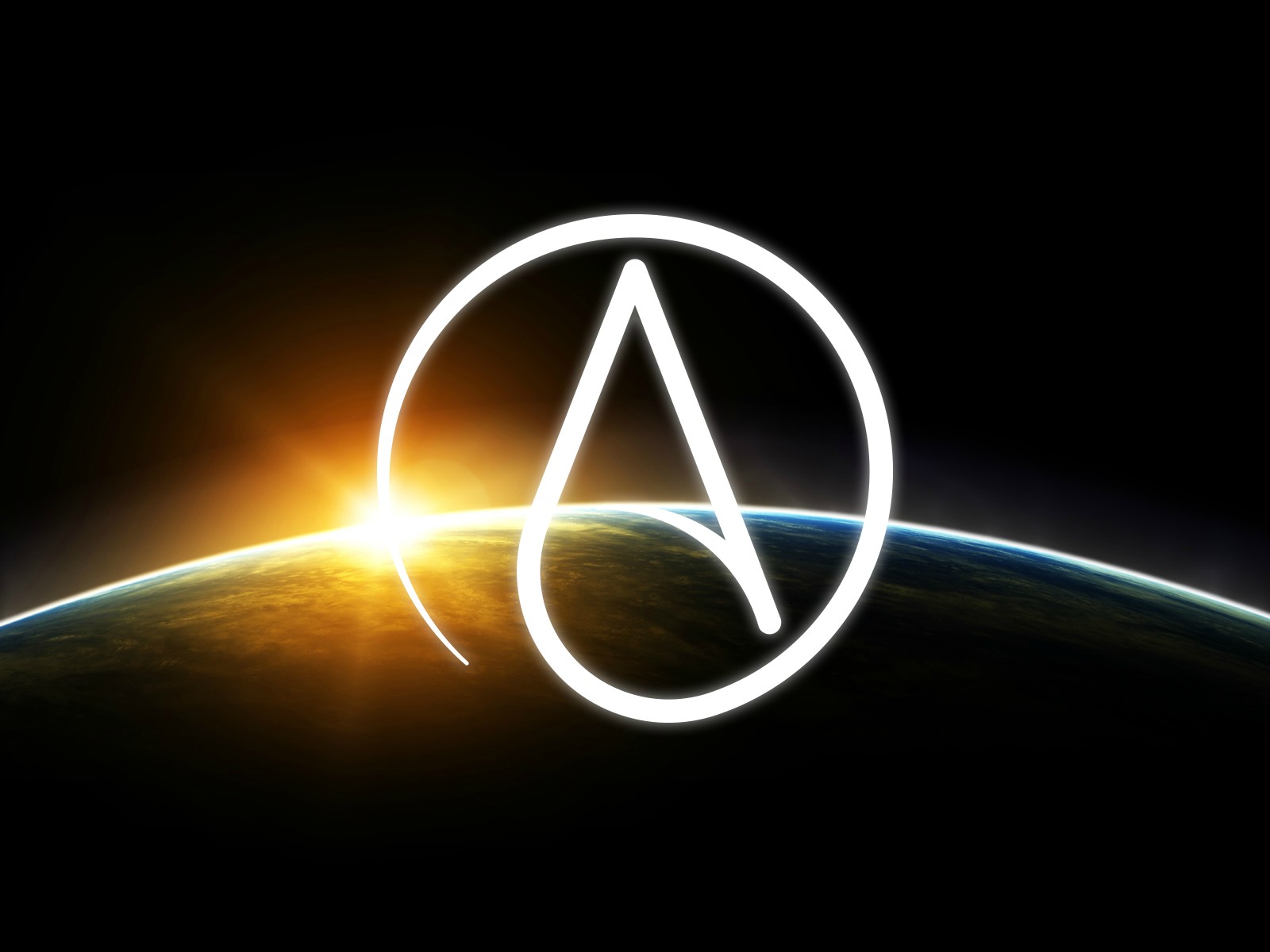Last Updated on 2022-07-08 by Joop Beris
A while ago, I was contacted via direct message on Twitter by Makayla, a Christian who expressed an interest in my viewpoint on the existence of God and how I came to my position of disbelief. I thought this was rather refreshing, since most of the time, believers tend to give me a hard time about not believing in their particular brand of faith so I decided I would explain as best I could. I also stated that I didn’t want to enter into a debate with her because debates are probably not the best way to go about this sort of thing. So what followed was the debate that wasn’t a debate.
Disclaimer: Makayla gave her permission for the creation of this post and it’s follow-ups. I promise to represent her part faithfully though for brevity, I will have to condense both her and my points.
I didn’t want to start a debate of who was right or who was wrong for reasons that I have explained in more detail here. Instead, I wanted to stick more to the style of Peter Boghossian, as he explains in “A manual for creating atheists“, which I reviewed a while back. Things didn’t play out that way in the end, which I partly regret. I could have been more faithful to the Socratic method but things go as they go.
Understanding my point of view
If you don’t mind me asking, what led you to a disbelief in God?
An honest, open question that passes no judgement. A good opening, I’d say. So I responded as follows.
It’s a long story, really. There are several reasons for it but the long and short of it is quite simply that I find all arguments in favour of the existence of a deity to be unconvincing. As such, I see no reason to believe in one.
May you share one or two examples of arguments that you find unconvincing?
Pick any you like. There are people who claim to feel God in their hearts, there is the fine-tuning of the universe argument, there’s the C.S. Lewis trilemma of liar, madman or God. None of them work.
How about the fine-tuning of the universe one? What do you view as the reasoning for the organization set up of everything in the universe?
(The fine-tuning argument is considered by some to be the strongest argument in favour of the existence of God. Upon closer examination, it doesn’t hold water as I’ve gone into a bit further in a previous article.)
That’s an extremely loaded question. You presume beforehand that there is a reasoning process underlying the organisation of the universe and that things were “set up”. There’s nothing to suggest that this is true.
And even if we assume for a moment that there was some powerful entity that shaped our universe, you’re still nowhere near the God of the Bible. You can’t go from a deistic world view to a theistic world view.
If things are not “set up”, Would you say everything is just existing with no design?
Just for the sake of the conversation to eliminate deism, would you say the existence of a deistic god is less reasonable than the existence of a theistic god because it does not interfere with its creation so there’s no way of saying it even exists where as you can say a theistic God could exist because it is involved with its creation and in turn would be visible to see?
Yes, I would say that things exist with no design. It’s like the example of the puddle. When we see a puddle that fits exactly in a hole in the ground, do we assume the hole was dug for the puddle or do we assume the puddle took the shape of the hole?
I would say a deistic God is a more reasonable assumption than a theistic one, actually. If a theistic God interacts with his/her/its creation, we should find evidence of this interaction. Such evidence is yet to be found. A deistic God that set things up and then steps back would leave very little to no evidence, which just happens to coincide with what we see in the universe: little to no evidence.
I know it’s bit of a touchy question and you are by no means obligated to answer: how do you see your life if things exist with no design? From what I understand, would we be no different from a plant, or animal, or any living object? Here one day and gone next with no sense of purpose but to just live and die? So what does our life matter then?
Yes, we are a species of evolved primate, essentially no different from any other plant or animal species that inhabits this world. Somewhere along the line, we’ve evolved a consciousness that allows us, for better or worse, to contemplate the purpose of our existence. However, it’s a mistake to think that we ought to have a purpose. Things are designed to have a purpose. A hammer or a car, these have a clearly defined purpose. Other things, like art, have a less defined purpose. We were not designed, we evolved. In a way, we are the victims of a magnificent accident that gave us a way to think about ourselves. This means we can also choose our own purpose. I find that a very uplifting thought.
Have you thought perchance that if you disbelieve in something, for what reason then would you look for evidence that it exists? If I disbelieve in something I then remove all chance of me acknowledging its existence. Whether it does or does not exist. Evidence or not.
Disbelief does not equal a closed mind. I can change my mind and will do so, if presented with reasonable arguments. It’s more a case of following the facts where they lead, even if that is some place we may not want to go.
Now let me ask you a question: what is that you believe in?
And so, we moved to another part of the debate that wasn’t a debate. To be continued in the next installment.



[…] of the debate that wasn’t a debate, a conversation I had with Makayla, over on Twitter. The first part can be read here and the second part can be found here, the third part is here. I recommend you read those before […]
[…] of the debate that wasn’t a debate, a conversation I had with Makayla, over on Twitter. The first part can be read here and the second part can be found here. I recommend you read those before reading this part.In the […]
[…] of the debate that wasn’t a debate, a conversation I had with Makayla, over on Twitter. The first part can be read here and I recommend you read that before reading this part.In the first part of this conversation, we […]
[…] The debate that wasn't a debate (1/5) – Random musings, rambling opinions on Book review: A manual for creating atheists […]
[…] The debate that wasn't a debate (3/?) – Random musings, rambling opinions on The debate that wasn’t a debate (1/?) […]
[…] The debate that wasn't a debate (2/?) – Random musings, rambling opinions on The debate that wasn’t a debate (1/?) […]
[…] The debate that wasn’t a debate (1/?) […]